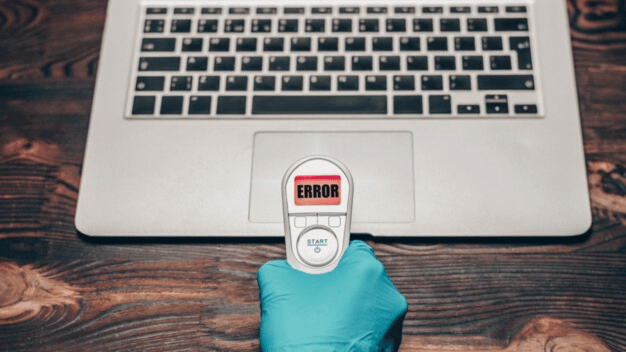Compliance in medical billing is fundamental to healthcare administration, ensuring that billing practices adhere to strict legal, ethical, and financial standards. In an industry where privacy, accuracy, and accountability are paramount, compliance safeguards healthcare providers, payers, and patients, reducing risks and fostering trust in the healthcare system.

Why Compliance is Crucial in Medical Billing
Compliance in medical billing protects healthcare organizations from legal and financial liabilities. By adhering to established laws and guidelines, billing departments ensure that claims are processed accurately, billing errors are minimized, and patient privacy is respected. Without proper compliance, organizations face risks such as claim denials, penalties, audits, and loss of credibility.

Key Compliance Regulations in Medical Billing
Medical billing must align with various regulations, each playing a critical role in protecting patient data, ensuring fair billing practices, and preventing fraud:
- HIPAA (Health Insurance Portability and Accountability Act): HIPAA is designed to protect sensitive patient health information from being disclosed without consent. In medical billing, HIPAA compliance is crucial for safeguarding patient data and ensuring secure data handling.
- False Claims Act (FCA): The FCA prohibits submitting fraudulent claims for payment. Violations can result in severe penalties, including fines and exclusion from federal healthcare programs.
- Anti-Kickback Statute (AKS): This federal law prohibits offering, paying, or receiving rewards to encourage referrals for services covered by federal healthcare programs.
- Stark Law: Also known as the physician self-referral law, Stark Law prohibits physicians from referring patients to entities with which they have a financial relationship. Compliance with Stark Law ensures transparency and fairness in patient referrals.

The Impact of Non-Compliance in Medical Billing
Non-compliance in medical billing can lead to significant financial and reputational damage, including:
- Legal Penalties: Non-compliant billing can result in legal action, penalties, and substantial fines. For instance, a violation of the False Claims Act can lead to fines up to three times the amount claimed.
- Financial Losses: Claim rejections and denials due to non-compliance can result in delayed payments, negatively impacting cash flow and revenue cycles.
- Increased Audits: Non-compliance raises red flags that can trigger audits by regulatory bodies, increasing administrative workload and disrupting operations.
- Damage to Reputation: Non-compliance issues harm patient trust and damage a healthcare provider’s reputation, impacting their ability to attract and retain patients.

The Importance of Accurate Coding and Documentation for Compliance
Proper coding is crucial for compliance in medical billing. Codes such as ICD (International Classification of Diseases) and CPT (Current Procedural Terminology) represent medical diagnoses and procedures, forming the foundation of accurate billing. Billing professionals must ensure that these codes are correct and thoroughly documented to avoid errors that could lead to claims being rejected or classified as fraudulent.
- Compliance with ICD and CPT Codes: Using incorrect codes can result in claim denials or accusations of upcoding, a practice that can incur legal penalties.
- Thorough Documentation: Accurate documentation of services rendered is essential for claims to be processed efficiently. Documentation ensures that the billed services match the actual care provided, minimizing the risk of errors and ensuring compliance with regulatory standards.

Preventing Fraud, Waste, and Abuse (FWA) in Medical Billing
Fraud, waste, and abuse (FWA) are major concerns in the healthcare industry. Compliance programs focus on reducing FWA through measures that include:
- Regular Audits: Routine audits ensure that billing practices are compliant and that potential fraud is identified early.
- Staff Training: Educating billing staff about FWA prevention reduces unintentional errors and deters deliberate fraud.
- Robust Internal Controls: Implementing internal controls, such as automated checks and cross-verification, helps prevent fraudulent billing practices.
